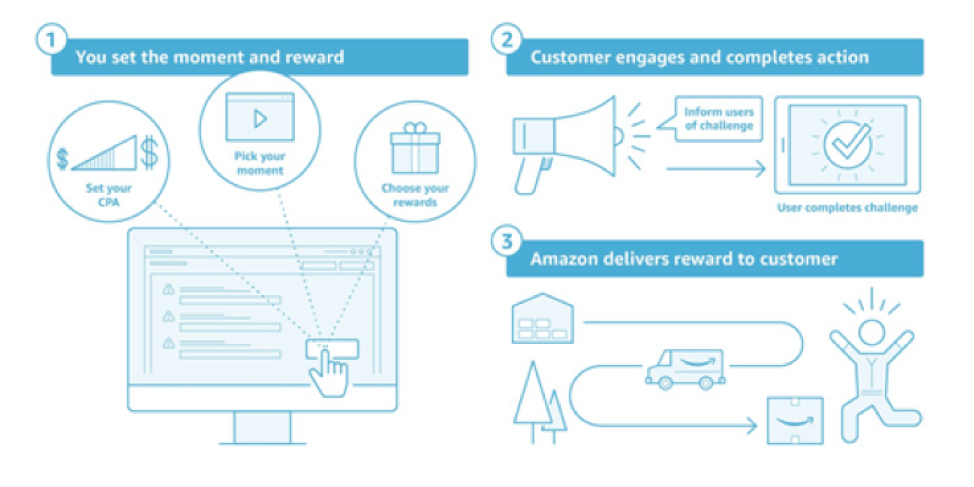Google Works To Fight Disinformation Across Google Search, Google News, YouTube, & Advertising Systems
- In their February 2019 white paper, Google details their dedicated effort to tackle the spread of misinformation, and further, announces E-A-T as a critical component of their algorithms.
- E-A-T: Defined as “Expertise, Authoritativeness, and Trust”, E-A-T is a concept that has been discussed for a while, and many SEOs have debated whether or not it is a ranking factor.
- Many experts believe previous algorithm updates have incorporated the principles of E-A-T starting in February 2017. Other notable algorithm updates that were believed to implement E-A-T are:
- March 9, 2018: Google confirmed the update was about relevance.
- August 1, 2018: The Medic update occurred just a few days after Google added “safety to users” to the Quality Raters’ Guidelines. Experts observed that sites lacking the element “trust” (e.g. incorrect information, poor reviews, lack of authoritative authors) were hit the hardest.
- September 27, 2018: Several sites hit by Medic on August 1st saw further drops on this date. Experts view this update as Google refining its ability to identify trustworthy sites. In Google’s February 2019 white paper, the company defines deceptive content as “sites that misrepresent or conceal their ownership or primary purpose.” Following September 27, 2018, sites that existed primarily to sell leads to doctors, lawyers, or financial experts, and represented themselves as an unbiased third party, saw large hits.
- Further, per the white paper, “Specifically, in 2016, we added additional guidance to our Search Quality Rater Guidelines advising evaluators to give lower quality ratings to informational pages that contain demonstrably inaccurate content or debunked conspiracy theories.”
- Google’s White Paper Outlines A Three-Strategy Framework:
- 1) Make Quality Content In Our Ranking System
- How: Use Google’s algorithm to elevate authoritative and high-quality info.
- 2) Counteract Malicious Actors
- How: Use Google’s algorithm to look out for attempts to deceive the ranking system
- “For instance, a news website that alleges it contains “Reporting from Bordeaux, France” but whose account activity indicates that it is operated out of New Jersey in the U.S. is likely not being transparent with users about its operations or what they can trust it to know firsthand.”
- 3) Give Users More Context
- How: Google to continue to provide users with multiple results and a diversity of perspectives (knowledge panel, breaking news, top news).
- 1) Make Quality Content In Our Ranking System
- What does this mean? The good news is we didn’t even know it, but we have likely already seen the implications of E-A-T. However, there is no doubt that Google will continue to improve its ability to determine the E-A-T of a webpage and provide users with the best information possible. Websites should continue to enhance their E-A-T. Some suggestions on how to improve E-A-T:
- Get Good Reviews
- Get Wikipedia Mentions
- Get Mentions On Authoritative Sites
- Author Authoritativeness – Get Your Authors Published In Authoritative Places
- Use Content To Be An Authoritative Figure In The Space
Amazon Moments: A Cross-platform Solution
- Amazon has launched “Amazon Moments.” Amazon provides an API that tracks user action in real time and allows marketers to offer custom rewards in the form of digital and physical products based on the user’s action.
- Marketers can define a certain action they want a user to take and also choose an Amazon product or reward to be delivered upon completion of the action.
- The pricing model is created on a CPA basis: marketers only pay when an action occurs, and thus, there is little risk involved for brands.
- This new application allows marketers to amplify a loyalty campaign quickly without the complex technological challenges. Further, the campaigns launched through Moments so far have already shown deeper engagement resulting in increased revenue and average daily users.

Source: Marketing Land
Data Protection & AI
- Data protection is a hot topic of discussion in recent news. With the onset of GDPR and various legislative measures, countries are becoming more and more restrictive on data privacy.
- In other news, artificial intelligence is becoming increasingly prominent with integration in our daily lives and the use of AI to streamline economies.
- Artificial intelligence requires more data, and the GDPR effectively restricts data collection. This presents an interesting dichotomy in the tech field.
- While many people advocate for the protection of their data, experts are concerned with the impact technological advancement, most notably in the EU.
“The GDPR, which recently came into force, imposes such tight restriction on the use of personal data the EU will be unable to keep up with the rest of the world using AI …”
- The relationship between the two is complicated, and likely will only to get more complex with time. It will be interesting to see how the relationship plays out, but for now, be cognizant of data protection laws as the penalties can be detrimental to a business.







Responses